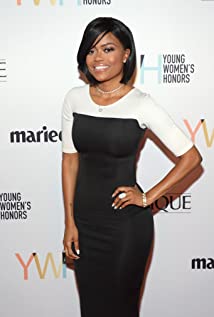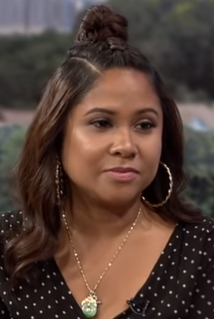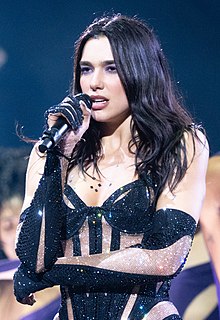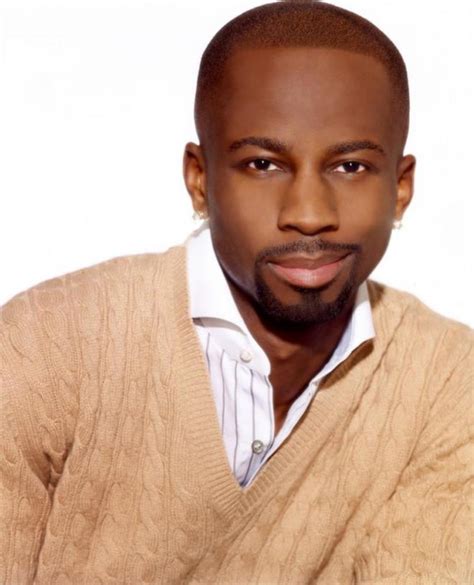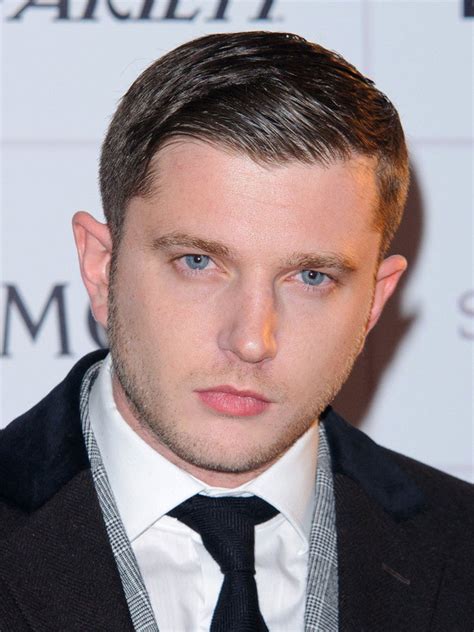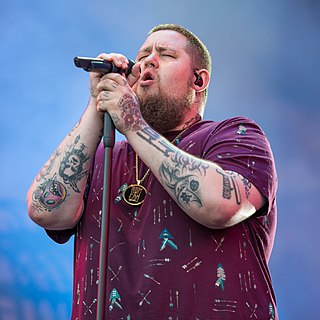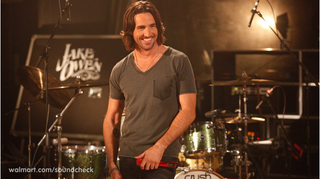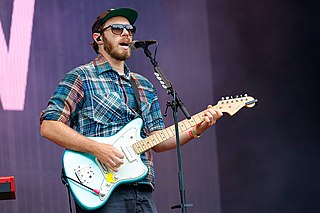A Quote by Karen Civil
I admired and wanted to be a lot like Angie Martinez. As I got older, I realized that I had a soft monotone voice and that being a DJ may not be the career for me. However, I was so in love and infatuated with hip-hop that I still wanted to be a part and give back the community, so I decided to carve my own path and make my own lane.
Related Quotes
I felt like when I got with Kanye, and we discussed me being on G.O.O.D. Music, he just really took me to a place in regards to music that I love and music that I had made previously. We had a clear understanding of what I wanted to make, and he just seemed like he was an advocate for hardcore, uncompromising hip-hop.
I felt like Twitter was more of a place for people to just socialize instead of promoting. After I got off, I realized I could have used that energy and that lane to really promote some positivity. I had 35,000 followers before I left. I was like, "Damn those were 30,000 consumers." It kind of twisted my whole thought process so I got back on. I realized that I have a voice that people wanted to hear.
I love the way I make hip-hop and I refuse to make pop-rap. I don't refuse to make mainstream music, which is why I did a soul record. There was no reason why soul music couldn't get played on the radio and I still wanted to have a relationship with my record label. So, I really enjoyed doing the Strickland Banks album. But there's no point in my trying to release underground hip-hop music on a major label. That part of my talent, or part of my art, had to live somewhere else and feature film was the perfect vehicle for it.
Somewhere down the line, the evil ones stole the legacy of hip hop and flipped it to a corporate type of hip hop. They decided to tell everybody 'Well, this is what hip hop is,' instead of coming back to the pioneers and getting the true definition of what hip hop is and what it was and what we been pushing for all these years.
